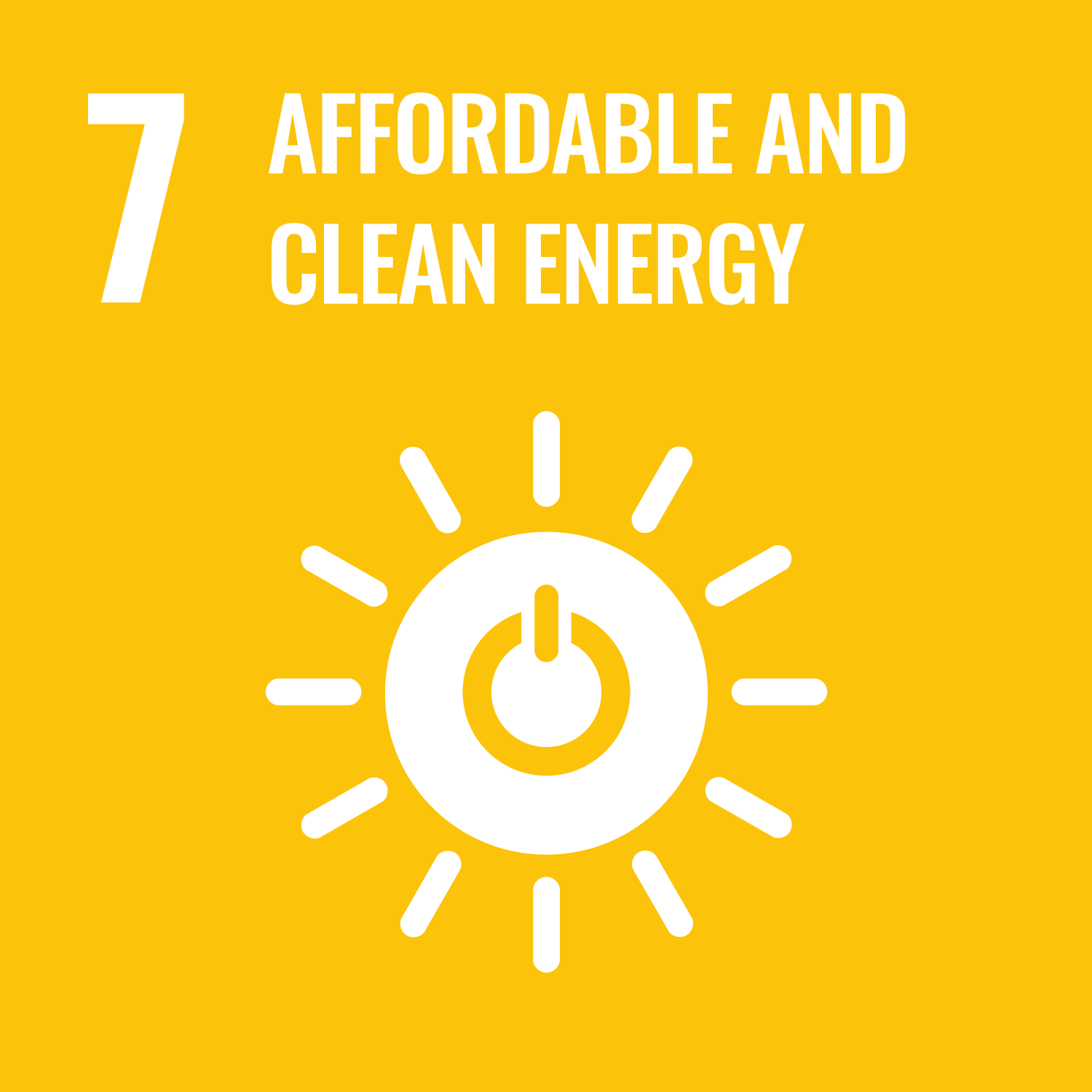Bunn, D W, Redondo-Martin, J, Munoz-Hernandez, J I and Diaz-Cachinero, P
(2019)
Analysis of coal conversion to biomass as a transitional technology.
Renewable Energy, 132.
pp. 752-760.
ISSN 0960-1481
![]()
Abstract
The dominant transitional path towards a low carbon electricity industry for systems which have been heavily dependent upon coal is through its replacement by large scale wind farms and the widespread emergence of distributed solar. In this pathway, maintaining resource adequacy in the context of increased intermittency in generation has become a major concern. This paper examines this requirement to maintain resource adequacy and compare the costs and carbon impacts for new gas turbines or biomass conversions to achieve this in an expedient transitional way. This is formulated as a policy optimization in which the imperative is to replace existing coal with a renewable alternative (in this case study, wind) and to maintain the system security at the existing level, and thereby find the optimal subsidies, either as energy credits ("green certificates" or “contracts-for-differences”) or capital benefits ("capacity payments" or tax
allowances). In a model of the GB system, the results show that that biomass-conversion outperforms investment in peaking gas turbines to deal with the transitional economic externality of extra reserve costs. In particular, the results suggest benefits of 10% lower costs of subsidies, 70% lower implied costs of carbon, and a reduction of 18% in wholesale power prices.
More Details
| Item Type: | Article |
|---|---|
| Subject Areas: | Management Science and Operations |
| Additional Information: |
© 2018 Elsevier. This manuscript version is made available under the CC-BY-NC-ND 4.0 license http://creativecommons.org/licenses/by-nc-nd/4.0 |
| Date Deposited: | 20 Aug 2018 09:33 |
| Date of first compliant deposit: | 17 Aug 2018 |
| Subjects: |
Investment and growth Renewable energy industry |
| Last Modified: | 25 Jul 2025 09:21 |
| URI: | https://lbsresearch.london.edu/id/eprint/1000 |






